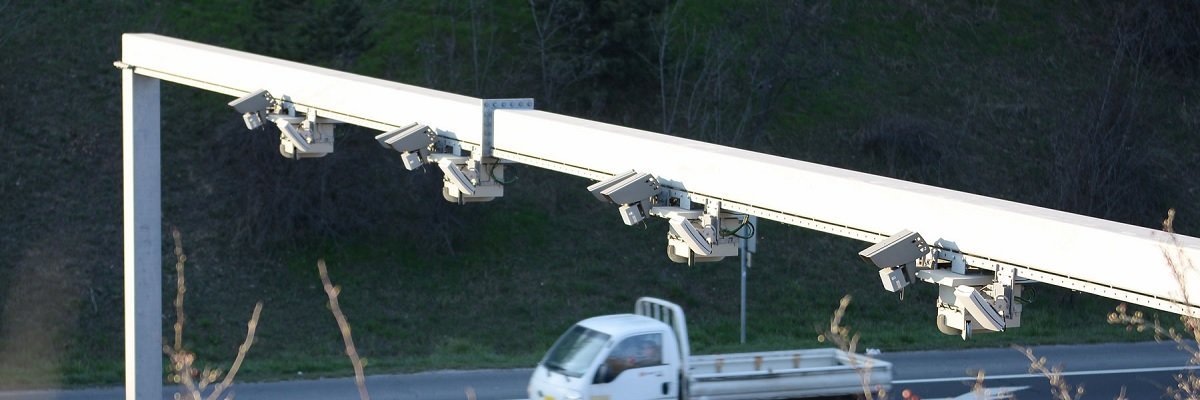In a collaboration with the Boston Globe published yesterday, MuckRock requested documents detailing the use of automated license plate recognition (ALPR) scanners from more than 50 police agencies in Massachusetts. ALPR scanners use an array of high-speed cameras mounted on police cruisers to snap pictures of license plates. The system converts these images to text via powerful character recognition software and compares the plate number to vehicles of interest. It records the scan and a GPS location tag for each processed plate, regardless of whether it registers a match to any vehicles of interest. MuckRock has previously written about the use of ALPR by police in Boston and Somerville, Ma. The technology is used nationwide by thousands of police departments, as well as by a number of federal law enforcement agencies. Here is a map of every department known to deploy ALPR across Massachusetts. Each pin includes details on the particular department’s use of the scanners, including data retention period and written policy status, plus links to departmental documents and MuckRock’s records request. Blue pins are departments with written ALPR policies, while red pins are departments lacking formal policies for ALPR scanners.
For easier navigation, here is the source spreadsheet. Fewer than a third of departments – just 17 out of 53 that use ALPR – have formal, written standards to govern use of their scanners and the plate scan data they collect. A handful reported that they are in the process of developing policies, and a few either refused or failed to respond to requests for policies.
Read the documents | Read the story
This project was funded by a generous grant from the Fund for Investigative Journalism.
Image via Wikimedia Commons and is licensed under CC BY-SA 4.0




